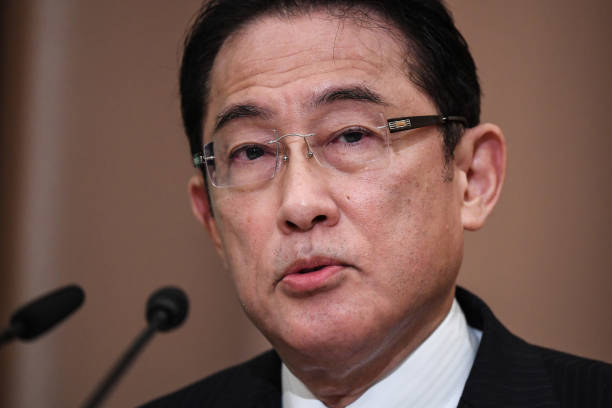Japanese Prime Minister Fumio Kishida on Saturday pledged US$30 billion over the next three years for African development, with a focus on investing in human capital and fostering quality growth in a continent where China and Russia are exerting their influence.
In his online speech to the latest round of international conference on African development known as TICAD (Tokyo International Conference on African Development) in Tunisia, Kishida stressed that Japan will grow together with Africa, differentiating Tokyo’s approach from that of China, which critics say has been burdening poor nations with huge debts related to infrastructure projects.
As the two-day meeting got underway in the capital of Tunisia, the prime minister announced that Japan will specifically grant loans worth around US$5 billion in conjunction with the African Growth Bank to promote sustainable African development by restoring fiscal health.
The gathering, the eighth of its kind attended by Japanese and African leaders, will cover a range of pressing issues confronting the continent, often called the last frontier for growth.
The agenda items include how to cope with the unfolding food crisis worsened by disrupted grain shipments and soaring food prices following Russia’s invasion of Ukraine, energy security and improving healthcare services as the Covid-19 pandemic continues.
Japan has been aligned with other Group of Seven economies in slapping a raft of sanctions against Russia, but the continent has been divided over Russia’s war in Ukraine, with some nations taking a neutral stance and opposed to punishing Moscow.
Russia, for its part, has been also courting African nations and has blamed the Western sanctions for the worsening food crisis.
As the Covid-19 pandemic has highlighted the need for better preparedness, the prime minister also said Japan will step up efforts for Africa to fight infectious diseases such as Aids, malaria and tuberculosis and to bolster healthcare systems.
Japan has shifted the focus of its engagement with Africa over the years, from giving aid to increasing investment with the participation of the private sector, as the continent is seen as having growth potential with its increasing population.

